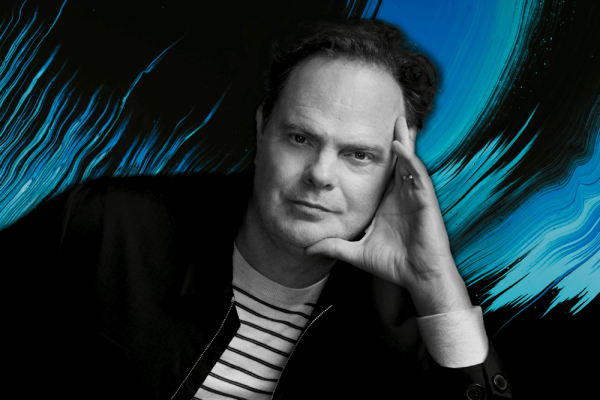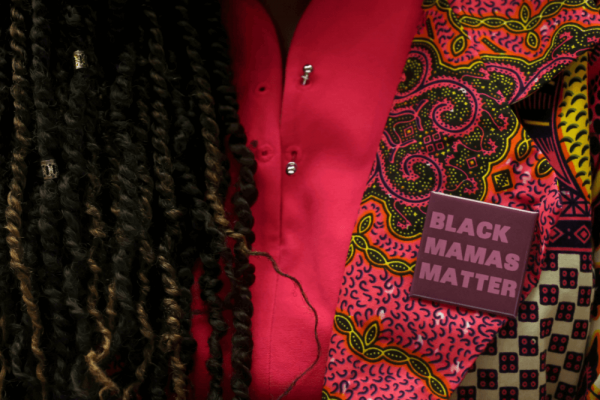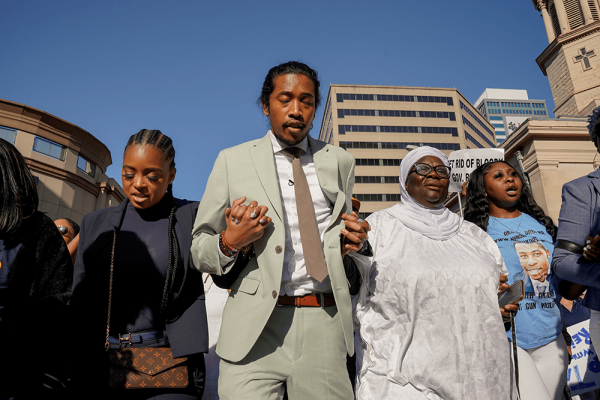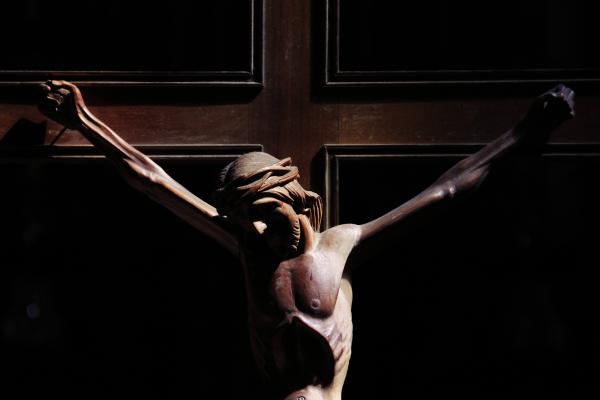Pope Francis, in a historic move that could lead to more inclusiveness in decision-making in the Roman Catholic Church, will allow women to vote for the first time at a global meeting of bishops in October. In the past, women were allowed to attend the synods, a papal advisory body, as auditors but with no right to vote.
Like many during the COVID-19 pandemic, I returned to The Office because I craved something familiar. Rewatching the show led me to this realization: The Office is the first TV series to portray the good, the bad, and the awkwardness of religion in a way that I relate to as a Christian.
I don’t know what shocked me more: The fact that actor Rainn Wilson — best known for his role as Dwight Schrute on the hit TV show The Office — had written a book about religion and spirituality or that I was able to interview him.
I am a millennial and for many of us, “spirituality” means being “spiritual but not religious.” I’ve heard my peers say things like, “I’m looking for spiritual healing,” or “I’m trying to find God for myself,” or “I’m wanting to get in touch with my own divinity,” or “I contain multitudes.” Perhaps there’s a kernel of truth in some of those statements but the thing that stands out to me is this: It kinda just comes off as individualism baptized in “holy” hyperbole.
What I appreciated about Wilson’s Soul Boom: Why We Need a Spiritual Revolution (out April 25) is that it offered a gentle critique of this version of individualized spirituality. For Wilson, who is a member of the Baha’i faith, spirituality has a larger purpose beyond the self. Spirituality gives us eyes to imagine a society based on “justice, equity, love, and a reduction in unnecessary pain for the inhabitants of our beautiful planet. To build the kingdom of God on Earth,” as he writes in the book. So, from this perspective, seeking inner peace should not only lead to spiritual tranquility but also public tranquility. If this is what pure and undefiled spirituality might look like, then color me intrigued.
Wilson and I talked about topics ranging from cultural appropriation and Christian representation in the media, to communism and how religion is portrayed in The Office. Considering all the topics touched on in Soul Boom, it only seemed right to cast a wide net during our conversation.
Given my preferential option for the poor, would it seem kinda hypocritical of me to pay a billionaire for a blue check mark?
Our country is rolling back reproductive health access in the name of “choosing life” while refusing to support life’s development in utero and post-birth. We also have not ensured that people who give birth or care for children have paid family and medical leave, workplace protections, or even access to health care facilities. In states like Mississippi and Alabama, budget pressures are forcing many rural hospitals to close, cutting off the only point of care before, during, and after labor.
Despite Republican colleagues expelling him from the Tennessee state legislature, Nashville’s Democratic Rep. Justin Jones still believes working for justice in the South means working on “sacred ground.”
When most people consider the holy month of Ramadan, the 30 days of fasting and reflection for Muslims, they may not picture a millennial in a hijab connecting the Qur’an with environmental justice through Instagram hashtags like #greenramadan and #ecomuslim. But Saarah Yasmin Latif is on a mission to help people of all religious traditions connect their faith with individual and collective acts to sustain the earth.
Half a century later, a lot has changed, but we remain committed to inspiring Christians across every tradition to put their faith into action for justice and peace and strengthening faith-inspired movements for change.
Immoral exemplars leave us to grapple with a host of difficult ethical questions. Among these are certainly questions about their status and the value of their work. But these are not the only — or even the most important — issues. We also must consider the concerns of survivors, the integrity of our most treasured traditions and institutions, and how our response might contribute to a more just world. When we focus solely on the status of the tainted thinker and their work, much of the ethical picture fades from view.
Three years prior to Jesus’ crucifixion, he had launched a public movement in the violent society of the Roman Empire. He said that God’s kingdom was coming close, and he invited people to rethink their lives in light of it. His message revolved around a teaching that we desperately need to embrace today. That teaching, however, is also what led to his crucifixion.









